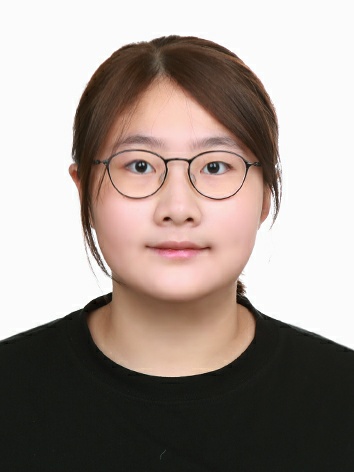![[A screenshot of Papago translation]](https://cdn.heraldinsight.co.kr/news/photo/202206/1334_2181_4029.png)
The most popular web-based translators in Korea are Google Translate and Naver’s Papago.
These two translators use different technologies and produce different translations.
With the advancement of AI technology, the mind-boggling capabilities of machine translators may render traditional human translators obsolete.
The history of machine translation started almost 70 years ago with the development of the first computer.
Since then, machine translation has undergone considerable development and brought many benefits to society.
Google launched its translation service in April 2006. Today, it includes more than 100 languages and can be used by 99 percent of the online population.
Google Translate combines machine learning with three million human volunteers, who correct translations and suggest words to add to the machine learning databases.
Its translation algorithm uses Statistical Machine Translation (SMT), which works with language patterns based on text databases to perform accurate translations.
The databases match individual words or phrases in the sentences and determine the most frequently-occurring translation.
Naver, the top search engine in Korea, launched Papago in August 2016.
At first, it offered only a mobile application with a maximum length of 200 words.
However, it later released a PC version and increased its legnth to 500 words.
Papago uses Neural Machine Translation (NMT) to provide natural, accurate, high-quality translations.
NMT works by predicting how often a word is used based on patterns.
Well-trained NMT engines make choices based on contextual information.
Due to their different translation technologies, Google Translate and Papago produce different results for the same sentence.
For example, “천재란 자신에게 주어진 일을 하는 재능 있는 사람일 뿐이다” is the Korean version of a quotation by Thomas Edison: “A genius is just a talented person who does his homework.”
Papago translates “genius” to singular form, which is consistent with the original quotation. However, it uses “only” instead of “just,” which has a similar meaning but a different nuance.
Papago also uses “what he or she is given” instead of “his homework.” Papago’s translation provides an accurate meaning but does not capture natural language usage.
Google, however, translates “genius” to its plural form, deviating from both the original quote and Papago’s translation.
Although the quotation could have been expressed in different forms, it was written in the singular, showing the error in the translation.
Google also uses “just,” providing the same nuance as the original quote. On the other hand, it uses different vocabulary (“they” and “assigned”) in “who does what they are assigned to do.”
Papago and Google Translate produce different English sentences, but, as with Papago’s translation, Google Translate is accurate in conveying the meaning but fails to do so perfectly fluently.
![[A screenshot of Google translation]](https://cdn.heraldinsight.co.kr/news/photo/202206/1334_2182_4123.png)
Despite its continuous advancement based on databases and patterns, machine translation is still unable to produce more natural sentences or phrases than human translators.
In addition, it has limitations in terms of context, which requires expert knowledge and contextual information.
Machine translation is unable to catch the different meanings of words as it cannot recognize changes in context.
However, machine translators save time and money for people who need translation services.
Human translators offer translation services at an average price of $0.10 per word, often costing US$ 25 for a single page.
By contrast, machine translators are available free of charge and can complete a translation of many words in only seconds.
As machine translation develops, so will the capability of translating technologies, which will allow many kinds of content to be localized, such as subtitles for TV programs.
Localizing content will become more efficient and less expensive.
In addition, machine translators will be able to instantly understand new slang and jargon to produce more accurate translations.

Hakyung Song
Grade 10
Branksome Hall Asia

